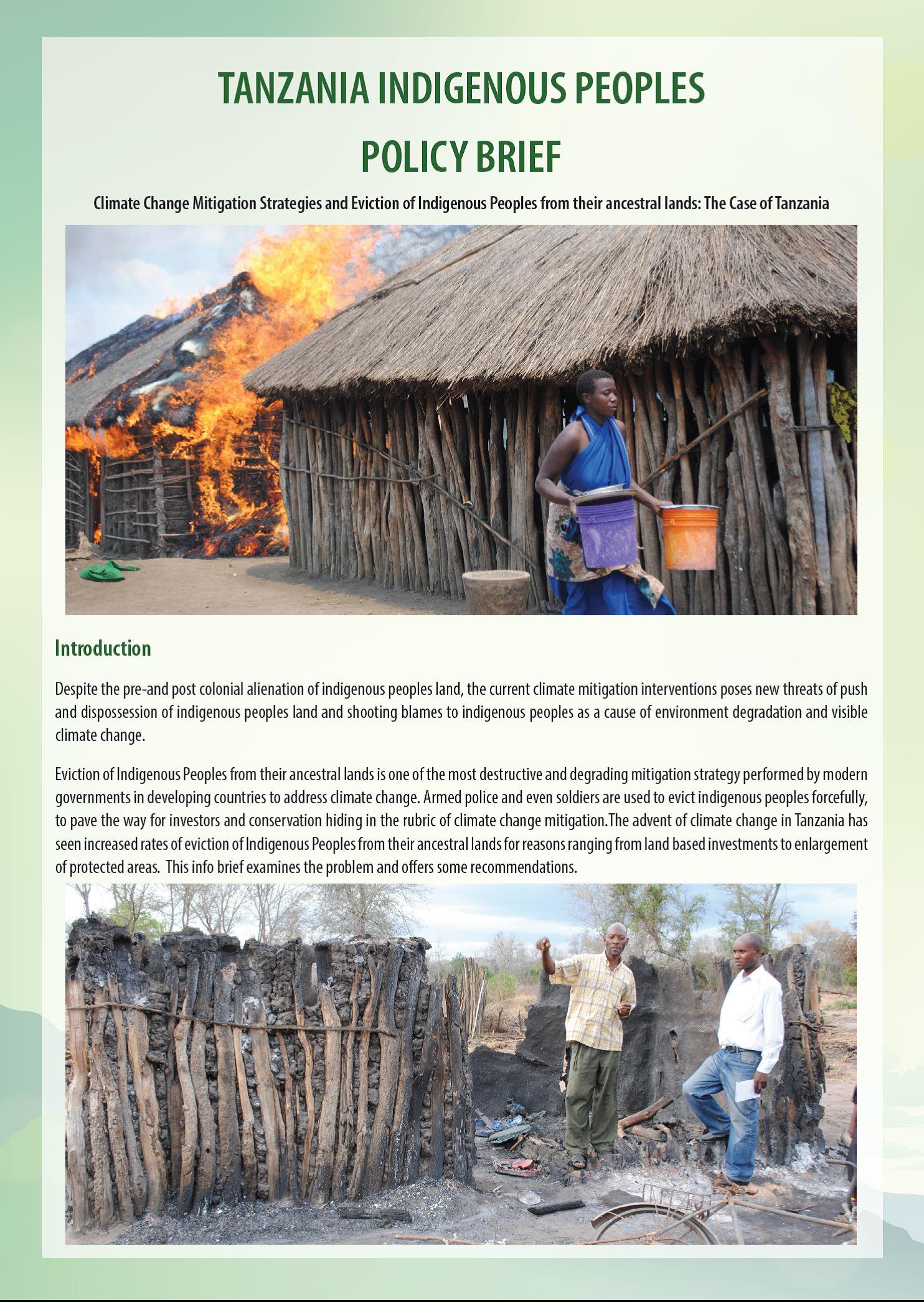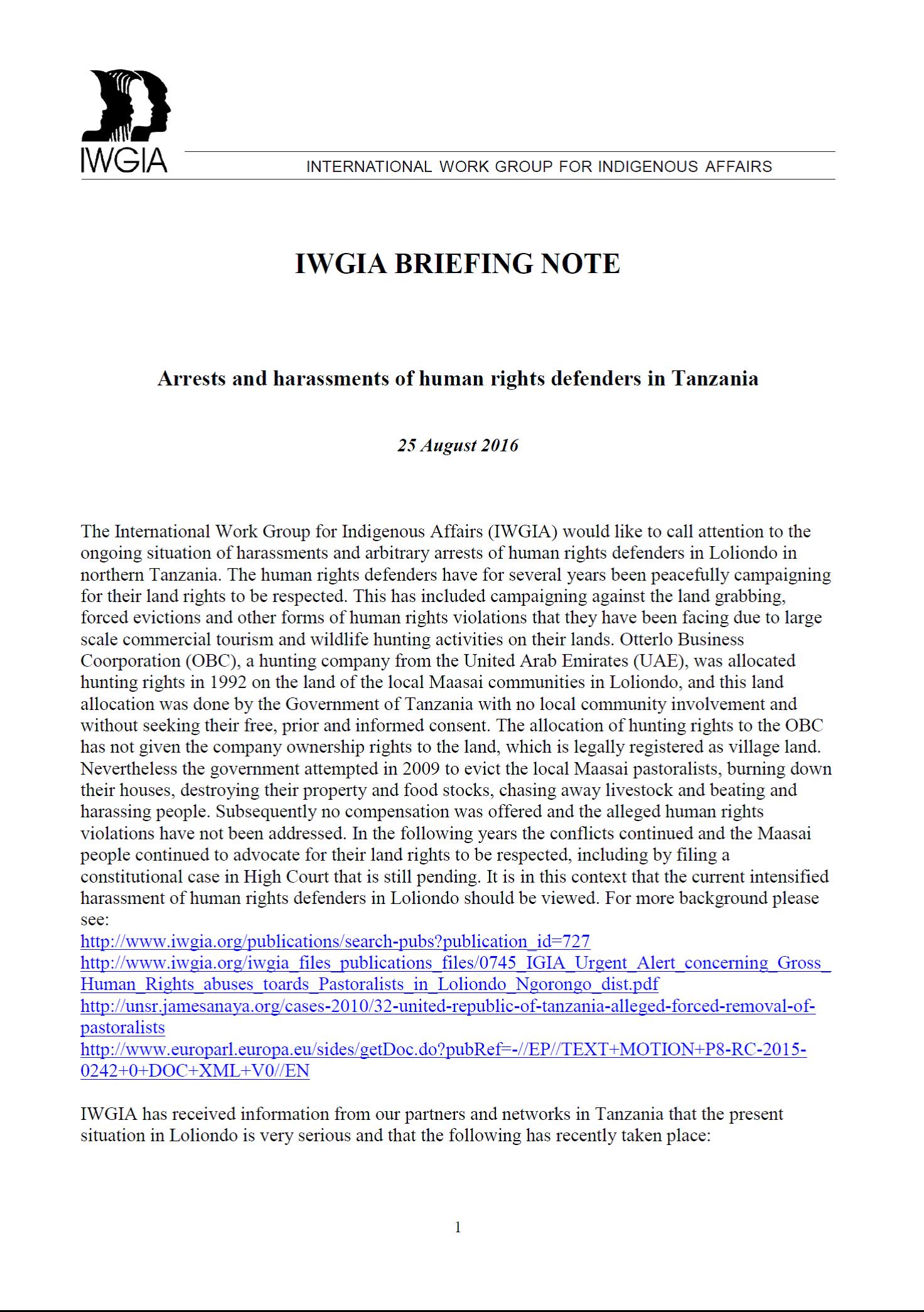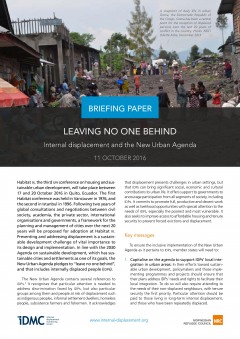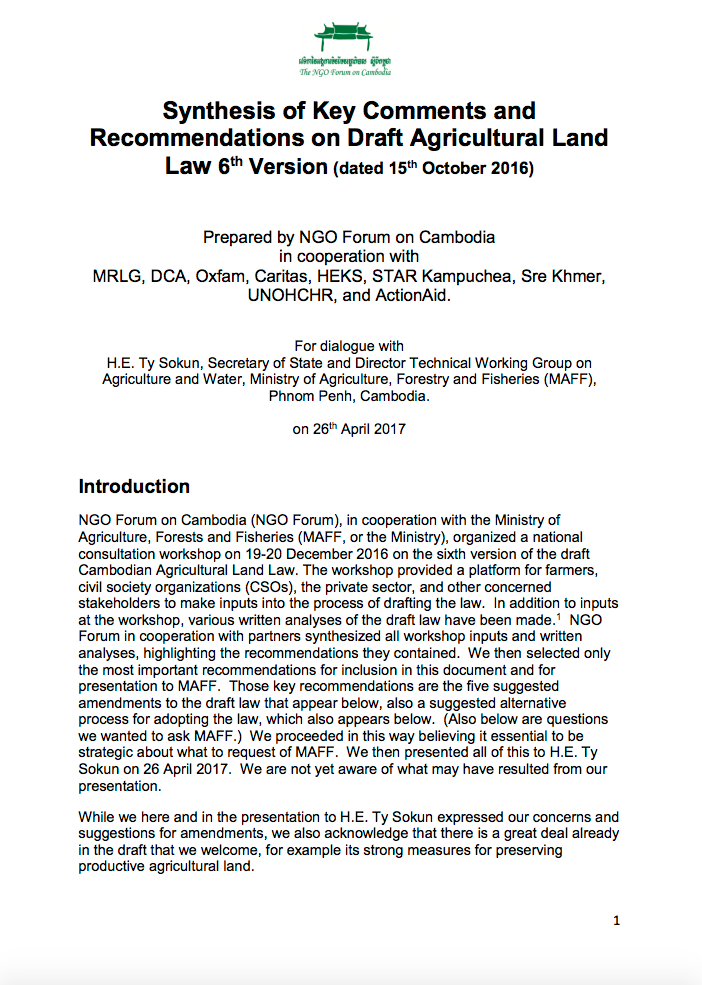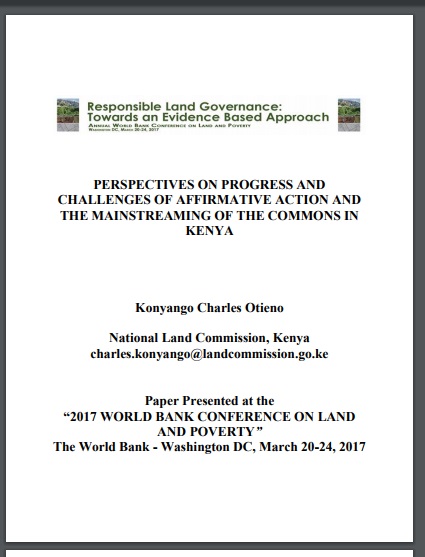Gender and Land Rights
Increasing women’s access to land is crucial to fight hunger and poverty. However, gender disparities in land access remain significant in most countries, regardless of their level of development. A new FAO database helps to understand the factors that prevent women from accessing land; and to design better policies to effectively address this situation.

